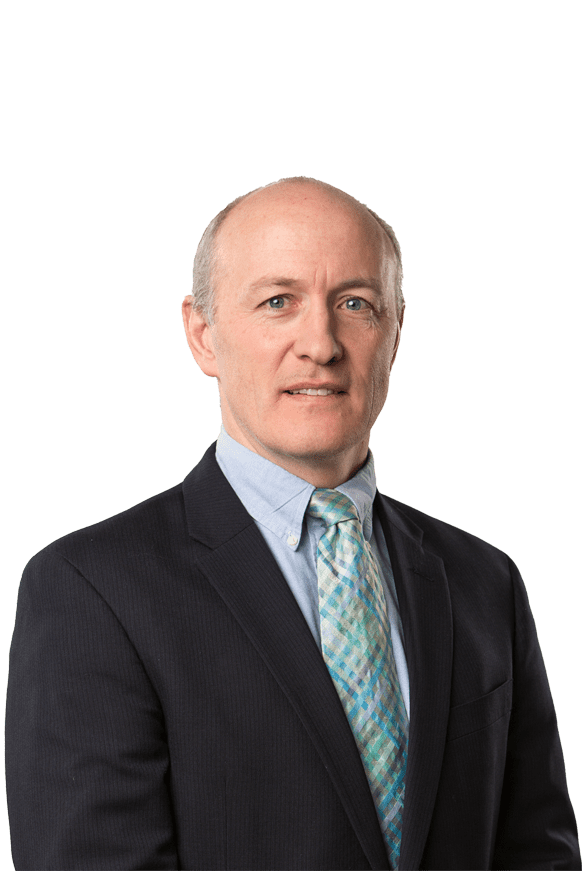The Competition Authority recently published the first two parts of its report on General Medical Practitioners (“GPs”). The report is part of a wider study of the conditions of competition in a number of professions. Previous professions studied by the Authority include the veterinary, dental and legal professions. The report identifies solutions to improve the supply of GP services in Ireland and to facilitate advertising by GPs.
At present there is a shortage of GPs in Ireland. The Authority has identified a bottleneck in GP training as contributing to this problem. Currently doctors wishing to become GPs must undertake four years of specialised training (two years hospital training and two years training in a GP practice). The Authority believes that a key problem with this system is that it fails to recognise equivalent hospital experience previously gained by medical practitioners. To resolve this, the Authority proposes the implementation of an intensive orientation course, in place of the hospital training requirement, provided medical practitioners have the equivalent hospital experience. This recommendation has been positively received by the medical profession and the Health Service Executive (“HSE”); however, due to budgetary constraints, a formal framework for the adoption of the orientation programme has yet to be agreed. The bottleneck in GP training thus remains, restricting the supply and availability of GP services in the State.
Following an initial review in October 2007, the Authority identified significant unnecessary restrictions on GP advertising and the supply of information to patients. For example, medical practitioners setting up practice could only announce their presence through local newspaper notices, limited to detailing the name of the doctor, location of the surgery and opening hours. GPs were also restricted to advertising patient fee schedules in their place of work. In reviewing these restrictions, the Medical Council took on board suggestions from the Authority, recommending the abolition of restrictions on the content, place and size of advertisements, along with restrictions on distributing price information, and published an update to its code of practice removing these restrictions in November 2009. This should improve price competition and competition for GP services in the State.

